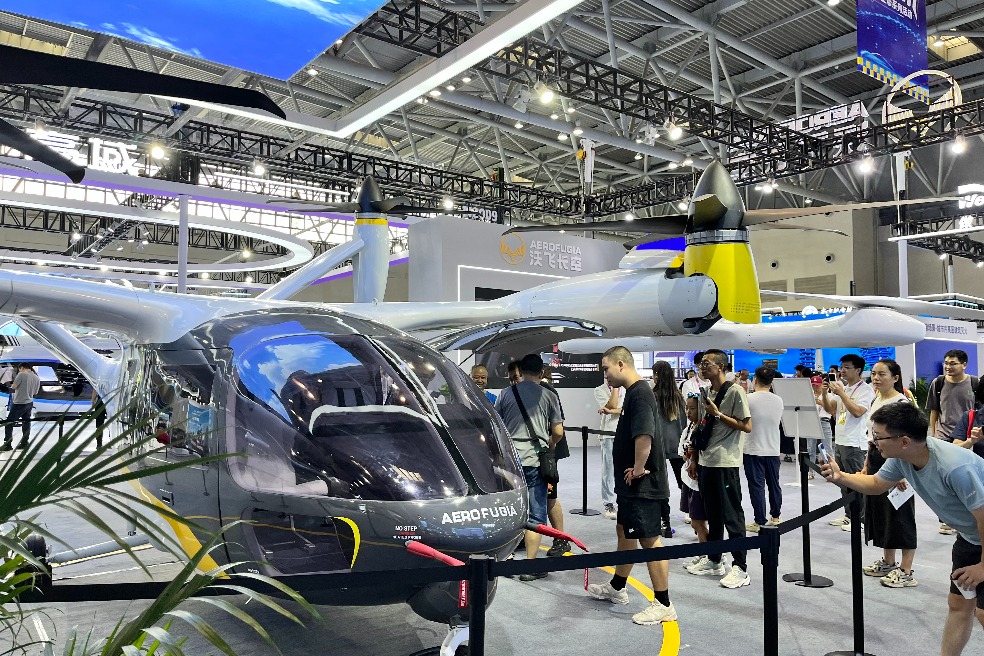Chinese scientists make progress in quantum friction research

BEIJING -- Chinese scientists have experimentally observed the quantum friction phenomenon at solid-solid interfaces for the first time, making a significant breakthrough in quantum friction research.
The study was conducted by a research team led by Professor Zhang Junyan and Associate Professor Gong Zhenbin at the Lanzhou Institute of Chemical Physics, a part of the Chinese Academy of Sciences. The findings have been published in the journal Nature Communications.
The nature and mechanism of friction are core scientific questions in tribology. With the advancement of research techniques, friction studies are expanding from classical friction laws to more microscopic scales.
The researchers utilized nanomanipulation techniques to construct folded graphene edge topological structures with controllable curvature and layer numbers. Systematic measurements of nanoscale friction were conducted.
The results showed that the frictional force at the edges of folded graphene exhibits significant nonlinear variations with respect to the number of layers, challenging the applicability of classical friction laws at solid-solid interfaces.
Through meticulous experimentation and theoretical analysis, the team uncovered the microscopic mechanism: non-uniform strain in the folded graphene induces a special magnetic field effect, leading to changes in its electronic structure.
This alteration in electronic structure suppresses the energy dissipation process, transforming energy dissipation from a continuous mode to a quantum leap mode. It also prolongs the cooling time of hot electrons, thereby effectively reducing friction.
The research provides the first experimental evidence for quantum friction at solid-solid interfaces. It establishes a new research framework for regulating energy dissipation based on topological structures and demonstrates the feasibility of controlling interfacial friction through quantum states, Zhang said.
The study holds guiding significance for developing low-energy-consumption nanodevices and regulating friction in topological quantum materials, he added.
- Global scientists discuss the role of big data in advancing UN goals
- Ferry routes and schools closed as Typhoon Tapah nears Guangdong
- Xi to attend BRICS leaders virtual meeting
- China activates emergency flood control response in Guangdong, Guangxi
- Australian expert lauds China as a global leader in nanoscience
- Freight train loaded with goods leaves Guangzhou as it heads to Europe




































